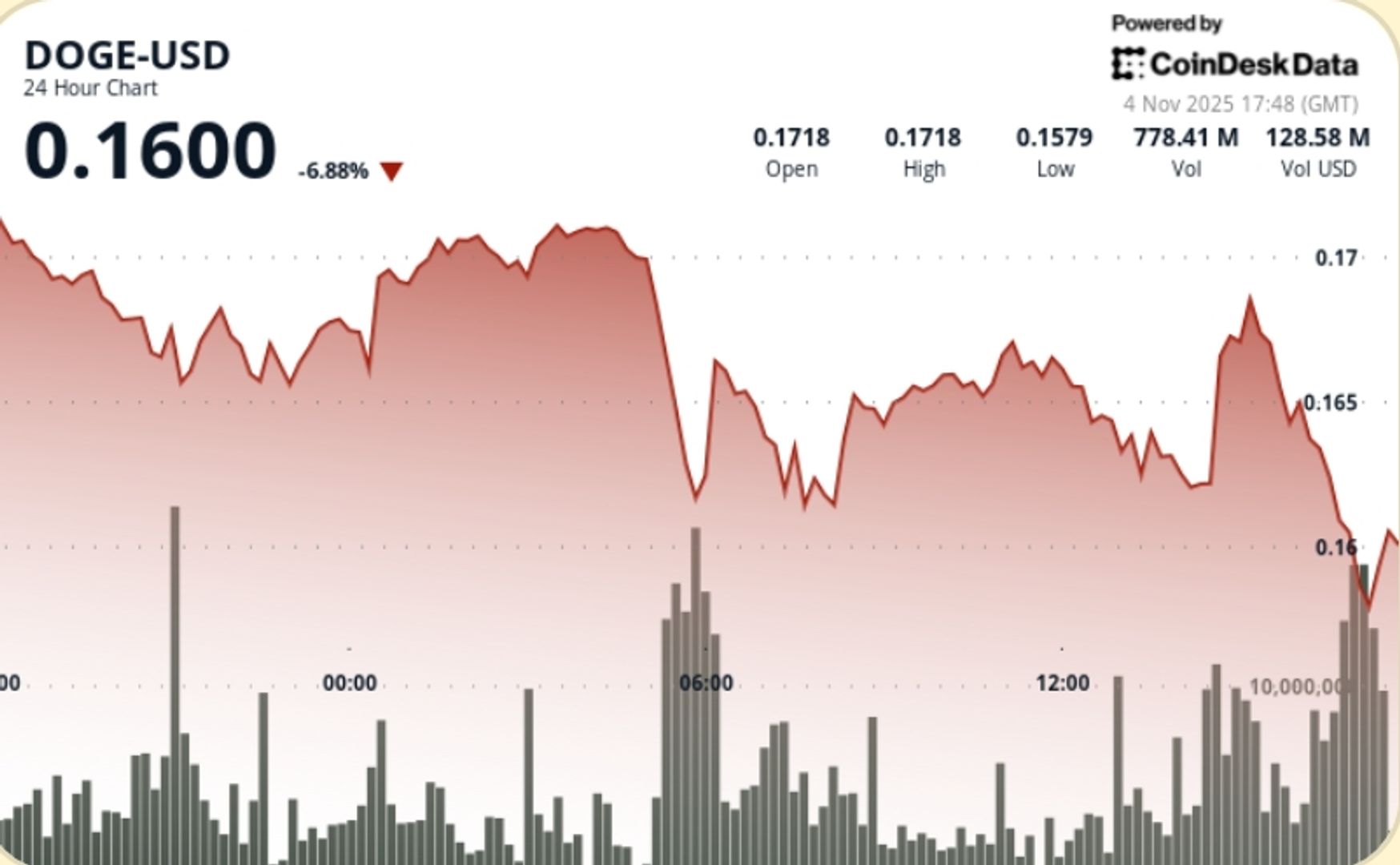Today, Visa and Mastercard have struck a revised settlement with retailers after a judge rejected an earlier $30 billion deal to resolve long-standing disagreements over high credit card processing fees. The new agreement would allow slightly lower swipe fees, give retailers more freedom to accept specific cards, and marginally reduce swipe fees.
The deal reached on Monday would put an end to twenty years of litigation. Merchants accused Visa and Mastercard of conspiring to violate U.S. antitrust laws, notably through the card networks’ collection of “swipe fees” to process transactions.
Visa, Mastercard settlement offers merchants more flexibility
According to the U.S. Securities and Exchange Commission (SEC) report, the agreement grants retailers the freedom to decide whether to accept commercial and consumer credit cards independently. Merchants would have more freedom to take “standard” and “premium” credit cards under consumer credit.
However, merchants wouldn’t be able to distinguish between cards of the same level issued by various financial institutions.
Mastercard and Visa agreed to provide a 10-point basis average system-wide effective interchange rate for U.S.-issued consumer credit and commercial credit transactions at U.S. merchant locations. Additionally, the interchange reduction will apply to specific U.S.-issued credit programs recognized under the Mastercard brand and is intended to function as a cap for a duration of five years.
As part of the agreement, the networks agreed to implement a direct method of surcharging credit card transactions, giving merchants additional options. According to the SEC, these regulations, which replace standards that were revised in 2012, are intended to preserve fundamental consumer safeguards and openness.
Standard consumer rates would be limited to 1.25% until the end of the agreement. Additionally, merchants would have additional possibilities to charge surcharges for credit card purchases.
According to the U.S. National Retail Federation, swipe fees amounted $111.2 billion in the U.S. in 2024, up from $100.8 billion in 2023 and quadrupling the amount in 2009.
Visa confirmed that the settlement offers meaningful relief, more flexibility, and options to control how it accepts payments from its customers to businesses of all sizes.
According to Mastercard, companies and customers would have a better payment experience with greater flexibility, cheaper prices, and easier regulations, especially for smaller retailers.
Notably, neither of the companies acknowledged any wrongdoing in relation to the plaintiffs’ claims when they agreed to the deal. After the agreement is approved, all rule and practice modifications will take place, which is anticipated to happen most likely in late 2026 or early 2027.
Judge rejects $30B card fee settlement
The settlement will require approval by U.S. District Judge Margo Brodie in Brooklyn, who had previously rejected the $30 billion agreement in June 2024.
The $30 billion accord would have reduced swipe costs by around 0.07 percentage points over five years, giving retailers additional leeway to apply surcharges. However, the judge stated that fees would continue to be high and that the $6 billion in yearly savings for retailers was “paltry” in comparison to what Visa and Mastercard might still charge.
Brodie also criticized the agreement for imposing the “Honor All Cards” requirement on merchants, which mandates that they take all Visa and Mastercard cards or none at all. Additionally, merchants have long accused Visa and Mastercard of implementing “anti-steering” regulations that prohibit companies from guiding clients toward less expensive payment methods.
According to the Merchants Payments Coalition, the charge reduction was “minuscule,” and Visa and Mastercard would be allowed to increase prices without any limitations once temporary cuts expired.
The Merchants Payment Coalition claimed that merchants had “no choice” but to accept rewards cards, which make up 85% of all cards issued. The Coalition added that banks could still shift cards into different categories, effectively requiring merchants to accept all cards.
The reported settlement proposal comes as Congress is considering the Credit Card Competition Act in an attempt to bring competition into the system.
Get $50 free to trade crypto when you sign up to Bybit now
















 English (US)
English (US)